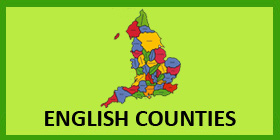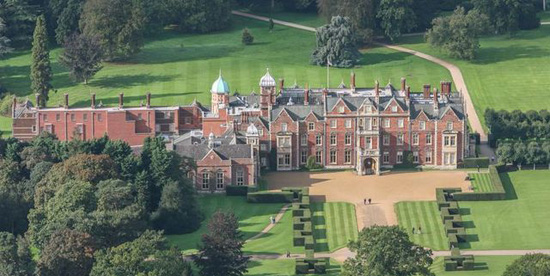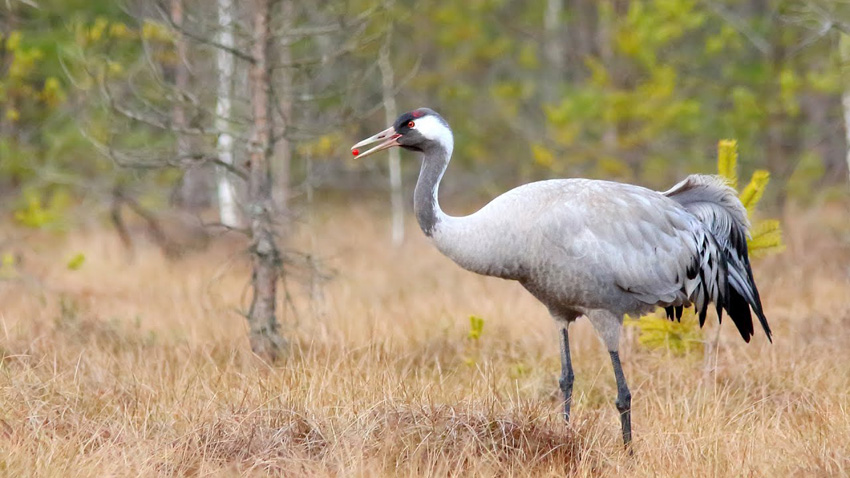




Back to the Norfolk Page

- The Royal Connection
- Norfolk Eats
- Owlbut's Birdwatch
- Norfolk VIPs
 Most people are probably
aware that the Sandringham Estate in North West Norfolk is owned by the Royal family. The whole estate was bought by the future Edward VII in 1862
when he was Prince of Wales. In recent years, the late Queen Elizabeth II and other members of the Royal family have spent Christmas and the New
Year period at Sandringham House which is on the 20,000 acre estate. The house is a Grade II listed building and the landscaped gardens, park and
woodland are also listed as having Special Historic Interest.
Most people are probably
aware that the Sandringham Estate in North West Norfolk is owned by the Royal family. The whole estate was bought by the future Edward VII in 1862
when he was Prince of Wales. In recent years, the late Queen Elizabeth II and other members of the Royal family have spent Christmas and the New
Year period at Sandringham House which is on the 20,000 acre estate. The house is a Grade II listed building and the landscaped gardens, park and
woodland are also listed as having Special Historic Interest.
On Christmas Day members of the Royal family will walk from the house to St. Mary Magdalene church which is also on the estate. The
pictures from this will usually be on your television screens on Christmas morning. On a sadder note both the late Queen's father, George VI, and
her grandfather, George V, died at Sandringham House. The late Queen would often extend her Christmas stay to include the anniversary of her
father's death on 6th February. In 1977, to celebrate her silver jubilee, Queen Elizabeth II opened the House to the public for the first time
and, 8 years later, I was there while on my first trip around the coast. On my second trip, in 1994, I did a live radio broadcast, on bended knee
just in case, from just outside the gates.
It may be less well-known, about the Queen and Sandringham not my broadcast, that Princess Diana was born at Park House on the Sandringham
Estate in 1961 and it was her home for the early years of her life. The House was given to the Leonard Cheshire Disability charity by the late Queen
in 1987. It is now run as a hotel designed for guests with disabilities, providing 16 wheelchair-accessible rooms and high levels of care for those
who require it.
![]() Back to the top
Back to the top
It seems that the word dumpling was actually born in Norfolk sometime at the beginning of the 17th century. The purpose of the food was to fill empty stomachs as
cheaply as possible and make up for the shortage of meat in a meal. From my experience a dumpling is made with suet but not in Norfolk. They only use flour, yeast,
salt and water. This makes them lighter, and whiter, than the dumplings I know.
This lightness has given them the name of "swimmers", while more normal suet dumplings are known as "sinkers". When correctly made a Norfolk dumpling
should rise to the surface of whatever liquid it is cooked in. It is thought that, in the old days, the dumplings would be made with the leftover bread dough.
Watch the video and see if Richard's dumplings sink or swim. You can also see the problems of doing this all on your own as nobody tells you that the
specially purchased apron neckband is caught round your shirt collar. Oh well, won't happen next time.
![]() Back to the top
Back to the top
This is a big bird. It's called the crane and it has very long legs, a long neck and drooping, curved tail feathers. It is
very graceful. The reason it is in this county is because there is a small breeding population in Norfolk. However it is thought there are only 48 breeding pairs
in the whole country. The site is kept secret. A few crane visitors from Europe pass through England in spring and autumn. They eat seeds, roots, insects, worms and snails.
They are about 115cm in length, have a wingspan between 220 and 245cms and can weigh between 4 and 7 kilograms. The feathers are generally black, brown,
cream and grey although some adult birds may also have some red and white feathers. Their legs are grey and their beaks black and yellow, of medium length and
medium thickness. They live in farmland, grassland and wetland. You are most likely to see one in April or May.

Seven random people who were born in Norfolk in the last 100 years:-
Myleene Klass (Singer and TV Presenter), James Dyson (Inventor and Businessman), Olivia Colman (Actor), Hannah Spearritt (Singer - S Club 7 and Actor),
Bernard Matthews (Businessman), Roger Taylor (Queen drummer) and Sigala (DJ and Record Producer).
![]() Back to the top
Back to the top

